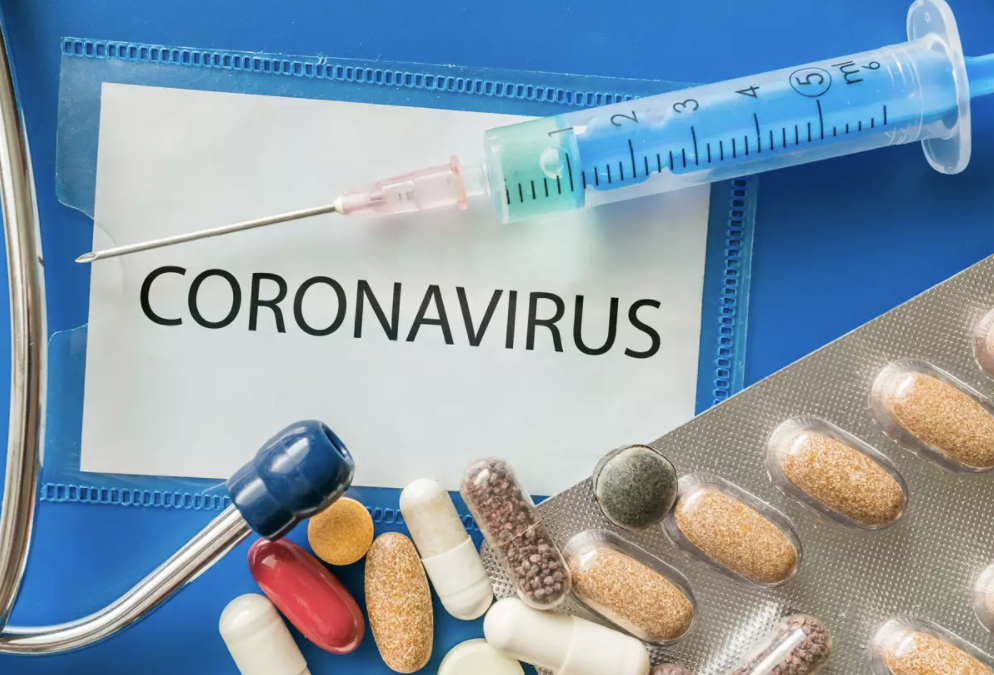Much of the new these days focuses around the vaccines that are out on the market due to emergency authorizations for their use due the continued spread and decimation caused by COVID-19. One of the major concerns that have been raised besides safety are also how the vaccines can withstand the new variants of the virus that have popped up in recent months in various countries, including the U.S.. The most notable one has been the B.1.1.7 but there is also one out of South Africa that lends itself to some alarm. (FIND name). In fact recently, South Africa rejected the Astrazenca vaccine saying that it would not have enough efficacy against its strain.
Research in anti-viral drugs were largely pushed aside last year to put focus on vaccine research especially through Operation Warp Speed by the federal government, but they are still needed and could be used for treatment. Furthermore, the viruses can mutate enough to render vaccines less efficacious, therefore, having to cause delay when the manufacturer has to re-tweak the vaccine to enable it to handle the latest virus. These problems resonate with having the flu vaccine re-adapted every year due to mutations in the flu vaccine, but by the time it gets modified, it is already outdated by the latest flu virus. Though COVID-19 is much more slowly mutating than the flu vaccine, it would seem that the vaccines will face some similar problems and the challenges are happening.
In terms of some recent news on potential anti-viral drugs, a study published in Viruses*, shows that thapsigargin is a broad spectrum antiviral which is showing to be highly effective against several viruses: SARS-CoV-2, a common cold coronavirus, respiratory syncytial virus (RSV) and the influenza A virus. Also, another promising anti-viral, which was recently published in Science, found when tested in human lung cells, plitidepsin was 28-fold more effective than remdesivir, the only antiviral drug currently approved by the FDA to treat COVID-19. Actually, plitidepsin has already been approved in Australia to treat multiple myeloma and from results in a Phase I/II clinical trial, it has been proven to be safe and effective for hospitalized patients recovering from COVID-19. The company is planning to have Phase III trials for the drug.
Another problem has been the delay of getting people vaccinated due to the supplies available which are always dwindling and the difficulties of coordinating mass vaccination programs at a federal/state/local level. If the research in anti-viral drugs continue to bring forth the use of more of these drugs, this would also help ease the burden off of relying solely on vaccines for treatment/prevention of COVID-19,
Written by Usha Govindarajulu
February 17, 2021
https://img.etimg.com/thumb/width-1200,height-900,imgsize-1013578,resizemode-1,msid-78996566/magazines/panache/what-are-the-treatment-options-for-covid-19-scientists-recommend-oxygen-support-antiviral-drugs.jpg
